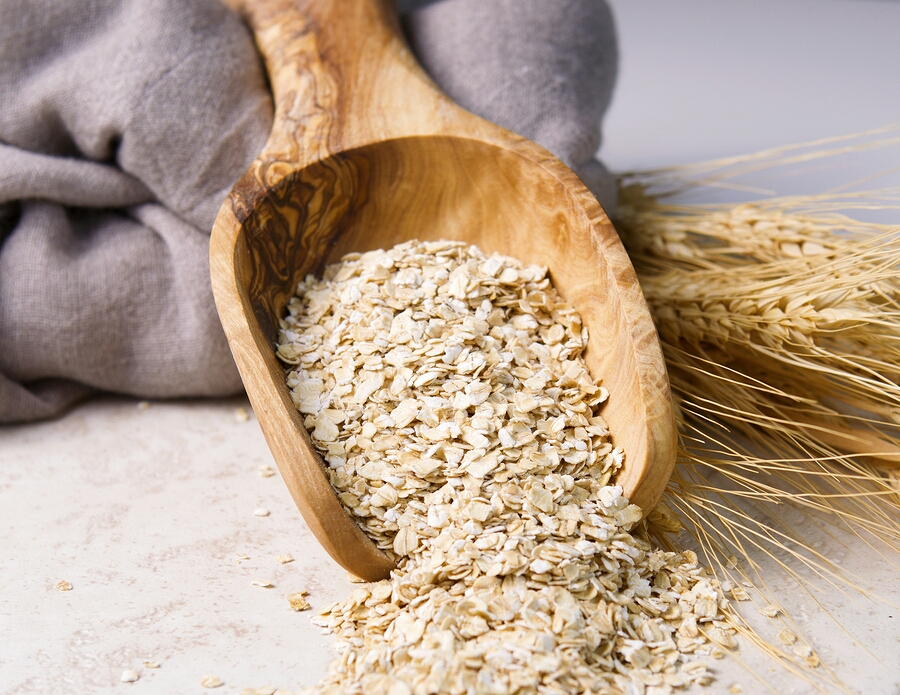
As you all can see, springtime is trying its very best to break in and leave winter behind. When spring will surely be here is quite uncertain, but it is never too late to start getting ready. Some of you can feel springtime in your bones—although the weather does not scream spring just yet—you have started cleaning, airing out your houses, and getting into shape for those cute little dresses and shorts.
This is the diet season when everyone launches into the routine get-ready-for-spring-and-summer habits. One of those most popular diets known to help individuals lose weight are the high fiber diets. This week we’ll discuss the good and bad about high fiber diets. We will also give you some tips to help avoid or aid constipation that can result from ingesting too much fiber.
High fiber diets are a common and “easy” way to lose a few pounds. It requires that you add and consume more foods that are fibrous in your diet. Fiber makes passing food easier and has fewer calories that can linger in the body and turn into unnecessary fats. Nonetheless, this diet can go south quick.
High Fiber diets require precautions just like any other diet. You must regulate it and you must insure that you are ingesting the right amount of EVERYTHING you need. It is always risky to take on a diet that has a particular focus. In this case, fiber can make certain bodily functions easier but it can also make it harder for them to do their functions. Consuming too much fiber can cause constipation, which, like the tightening of braces, is something no person wants to voluntarily go through.
In addition, calories are important and are where your body gets its fuel for energy. Their purpose is to be ingested and burned off during your everyday activities. When too much of them are ingested and not worked off over a certain period of time they can become stored in the body as permanent fats. Hence, it is wise to watch your calorie intake, even with fiber-rich foods. That is right; the Calorie Counters are not all that crazy.
Last, as always, consult a professional when taking on a diet. Doing so can help you personalize your diet to work better for you. It also reduces unnecessary risk. Moreover, doing research about diets or other nutrition facts could spare you any surprises.
The EE 411: Avoidance and Alleviation of Constipation
Eating too much fiber can cause constipation. The best way to avoid it is to not overload your body with fiber. Fiber is a natural element that is present in most foods. It can be used to alleviate constipation but if you over do it, you could exacerbate the issue. An adult needs an average of 14 to 15 grams per day but, of course, it is better to seek a professional to give you the personalized dosage you may need.
The best way to alleviate and avoid constipation:
- Drink plenty of water
- Incorporate some “roughage” in your diet like green fresh vegetables
- Incorporate a good amount of fiber in your diet, but don’t make it your entire diet
- Herbal teas
- Exercise and stay physically active
- Be patient if you’re constipated—rushing a constipated bowel movement can cause even more pain
- Stretch and use some yoga positions—walk around and get everything moving
If all else fails, consult a professional and determine what kind of laxatives or stool softeners you may need. Hopefully, this information will help you in your steps to discovering relief and taking on a high fiber diet.
(This post was brought to you by Earth’s Enrichments. Similar posts can be found by visiting our Blog. More information about our company and products (USDA Certified Organic Soaps, Organic Bath Salts, Organic Sugar Scrubs, Organic Body Balms and Organic Lip Balms) can be found on our Website. Thank you Earth’s Enricher!)

